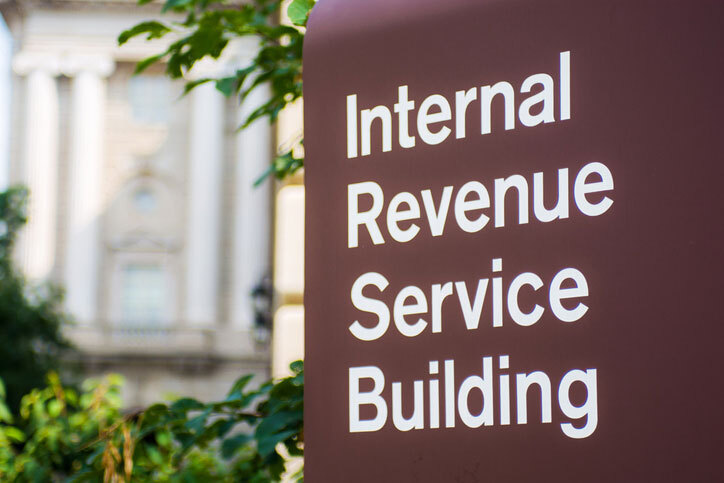Impacted By Hurricane Ian? Here Are 4 Ways The IRS Can Offer Tax Relief
Hurricane Ian has been wreaking havoc on Florida (and other countries along the way) for the past few weeks. However, it’s not the only thing that crept up on Americans — the tax extension deadline is October 17th! Here’s 4 ways the IRS is offering Hurricane Ian tax relief.
When natural disasters strike, the IRS takes steps to offer the victims tax relief. In this article, we’ll summarize how the IRS can assist you and what options are on the table.
The Impact of Hurricane Ian
What Is The IRS Doing To Help Alleviate Tax Strain?
- This postponed tax deadline has two requirements that must be met: residents (outside of Florida) must be located within Federal Emergency Management Agency (FEMA) relief zones.
- The original tax return due date must have been on or after September 23rd, 2022.
Extended Penalty Deadline: Penalties will not accumulate as long as all payments are made by October 11th, 2022. Those with a zip code in the disaster areas won’t have to lift a finger — their extension will automatically update.
Ability To Claim Damages: Those located in the disaster area who endured uninsured or unreimbursed damages related to Hurricane Ian can claim it on their 2021 or 2022 tax return.
Make sure to include the FEMA declaration number “DR-4673-F” on any tax return claiming a loss.
Hurricane Ian has impacted tax relief for millions of Americans, so don’t be wary of asking for the assistance you need.
How To Get Tax Relief From The IRS
If you live in Florida or live in the FEMA disaster zone, you will automatically receive a tax extension.
If you don’t qualify for an automatic extension, but need one due to Hurricane Ian, you can call the IRS. In times like these, the IRS is more willing to offer flexibility and assistance.




